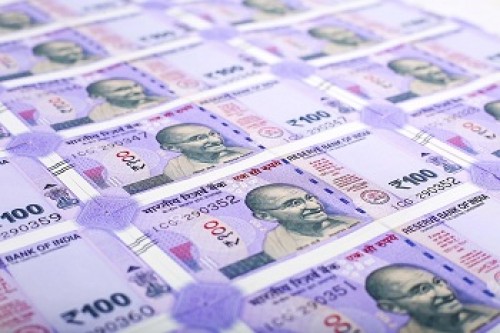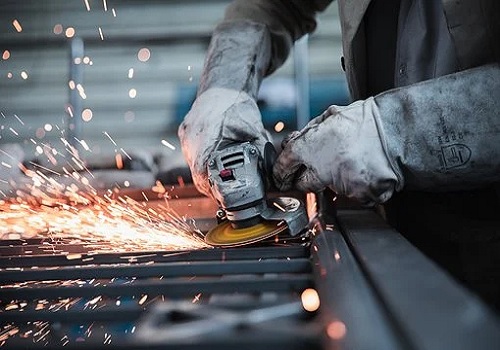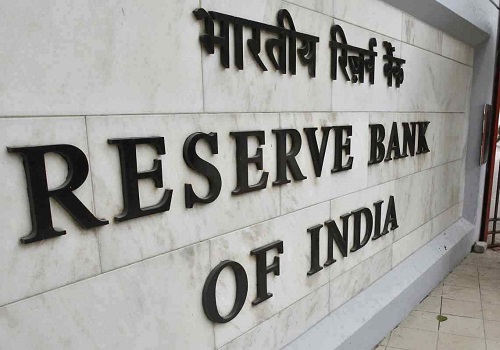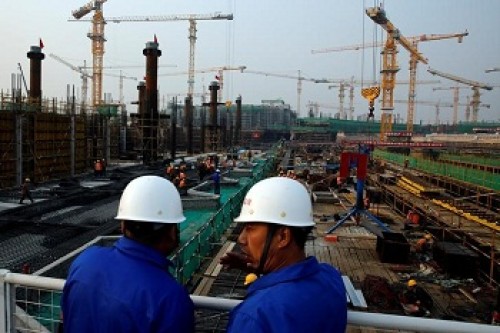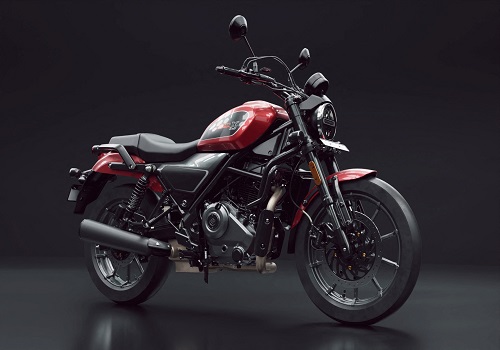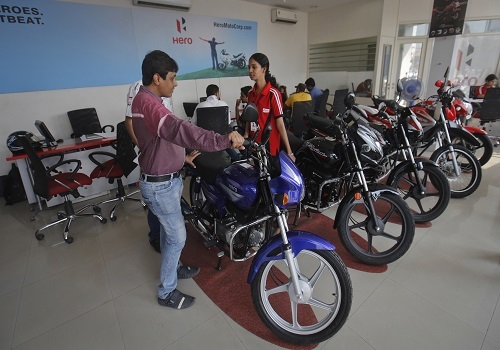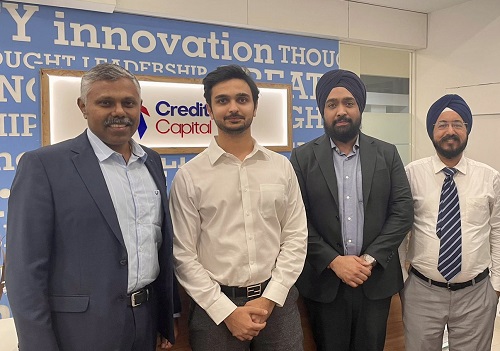EV makers expect extension of FAME II, duty cuts in Budget 2023-24
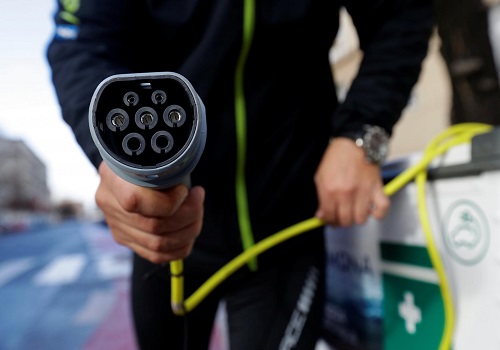
Follow us Now on Telegram ! Get daily 10 - 12 important updates on Business, Finance and Investment. Join our Telegram Channel
Extension of the Faster Adoption and Manufacturing of (Hybrid &) Electric Vehicles in India - II (FAME II) subsidy scheme, rationalisation of GST are some of the budget wishes of the electric vehicle makers, said CARE Ratings as per its survey.
According to the survey, the electric vehicle makers want the FAME II subsidy scheme to be extended beyond March 2024 and also bring the commercial vehicles under it.
After the momentum witnessed in electric vehicle adoption in 2022, it will be critical for the government to continue to support the adoption so that it will go over the tipping point and the momentum doesn't die out, said Anirudh Ravi Narayanan, CEO, Bharat New Energy Company that rolls out electric two wheelers.
"First, a continuation of the FAME II subsidy or introduction of a FAME III subsidy will greatly benefit the adoption. If this subsidy were to be abruptly discontinued in 2024, it will create a demand shock in the market," Narayanan added.
He also said there is a perception that FAME II subsidy has become risky to pass-on to customers since subsidies are being withheld, updates are being announced with a short time fuse, and there are potentially interest groups affecting the industry.
Unless the government addresses these points, FAME may end-up getting viewed by vehicle makers as a "bonus" if it comes, and so there may not be an end-customer benefit, Narayanan said.
As per the CARE Ratings survey, the manufacturers want tax rates to be lowest for electric vehicles and also include small/medium-size/start-up players contributing to the electric vehicle ecosystem under the Production Linked Incentive (PLI) scheme.
The other expectations voiced by the industry officials to the CARE Ratings survey are: Subsidised financing rates on loans availed by manufacturers of pure electric vehicles for setting up manufacturing facilities and for auto loans availed by buyers - whether by commercial vehicle fleet owners or buyers of individual cars or two wheelers; increase in the all-industry rate of duty drawback and rate of remission of duties and taxes on exported products to enhance the exports.
Narayanan said the soon to be announced battery-swapping policy could be a strong boost to the industry but it should not stipulate size/interface related standards except only a minimum set of safety and performance related standards.
"Setting any size/interface standards may benefit one group much more so than others and create a monopoly within the industry and may not be able to service a broad range of vehicles in the market," Narayanan said.
According to him, India can soon become globally competitive and the electric vehicle export market could develop soon.
"To support this, it is recommended that duties for items that unavoidably need to be imported (such as cells, rare-earth magnets, semiconductors) be dropped to zero until local capacity develops. Without this, China will have a cost advantage over India in global markets. Also, extension of PLI benefits for SKD/CKD assemblies - and not only full vehicles - would also be very beneficial," Narayanan said.












 320-x-100_uti_gold.jpg" alt="Advertisement">
320-x-100_uti_gold.jpg" alt="Advertisement">

